Three operas this week, each of them named after its (anti-)heroine: one of the heroines (the most sympathetic) murders her husband, one of them spends her time successfully plotting the deaths of her mother and stepfather, one insists on the murder of a prophet who refuses her advances, and has an orgasm as she kisses the tongue of his severed head. Very much standard operatic fare. Two of them belong in the grand tradition of German high romanticism, one to the Italian tradition of bel canto melodrama of the first half of the 19th century.
Unfashionably, I much prefer Donizetti’s Lucia di Lammermoor to Richard Strauss’s Salome and Elektra, indeed to any of his operatic works with the exceptions, perhaps, of Intermezzo and Capriccio. Whereas Strauss’s bloodcurdlers were given to packed houses in the Royal Albert Hall, with all the publicity attendant on the Proms and on Strauss having been born 150 years ago, Lucia is being staged in a marquee at Winslow Hall in Buckinghamshire. This production has suffered from a disastrous lack of publicity, but I would earnestly advise anyone interested to make the journey, the last two performances being on 13 and 14 September. It is a triumph, almost without qualification. The staging is unobtrusive but perfectly effective, all the dramatic moments in a work full of them emerging with an impact I haven’t experienced before.
The three principal singers are outstanding, and indeed in the case of Lucia already well known: Elena Xanthoudakis has made a well-received disc of bel canto arias, but what one might fail to gather from that is that she is a passionate actress, almost alarmingly identifying with the role. Giving an original account of the mad scene, she begins with hysterical mirth, which intrudes from time to time as she muses on her fate, always using her large and supple voice to intense expressive effect. But her inamorato is just as remarkable: Pablo Bemsch from Argentina has the right kind of voice for Edgardo. He never yelps, every sound he makes is beautiful and he acts with unexaggerated fervour. And the Romanian Vasile Chisiu as Enrico makes an unsympathetic role interestingly complex by the warmth of his tone; his voice is large and focused. But all the singers, including the chorus, are fine, and so is the full-bodied orchestra, under the baton of Oliver Gilmour, who produces a rhythmically incisive account that still gives his cast all the opportunities they need for urgent communication.
In such a convincing performance, the greatness of Donizetti’s opera is manifest: hardly a perfunctory bar, economical in its means, admittedly odd in its structure — the second half just two protracted death scenes — but incessantly gripping and emerging still fresh despite its having been raped and pillaged more, perhaps, than any other opera.
The merits of the Proms Salome and Elektra have been justly praised by everyone who has written about them. These complicated and demanding works received virtually flawless accounts, with the two heroines astoundingly strong and steady, besides manifesting the iron wills that Strauss so craved in women. Nina Stemme, who must sing the most taxing roles in the repertoire more often than anyone else, was a pure-toned, malevolent and shockingly sensual Salome, not letting slip a single opportunity to excite us with the most effective piece of musical pornography ever produced. Donald Runnicles, with a first-rate team of soloists and the orchestra of the Deutsche Oper Berlin, provided an ideal frame for this thrillingly monstrous display, and the audience could feel that they had enjoyed a superb evening of startling high art.
Elektra, though it shares some obvious features with Salome, is a more complex ‘case’: I put the word in inverted commas because I think that Elektra deals not only with psychological pathology but is itself a pathological work, and not only in the sense that it belongs to the European decadence that fascinates so many people. It admits noble and tender feeling only in the scene between Orest and Elektra, an incestuous one-sided love duet in which Elektra is not so much interested in her brother as in finding an object on whom she can unload the feelings she otherwise rigorously suppresses in the interests of hate and vengeance (Chrysothemis is a mere distracting cipher). The opera professes to be an in-depth study of obsession, and in an obvious way it is, but Strauss soon gets more interested, and interests us more, in the possibilities of quasi-onomatopoeic orchestration, so that the procession of animals that precedes Klytämnestra (Felicity Palmer in stunning form) is actually far more interesting than the prolix scene between her and Elektra that follows.
What a pity Nietzsche said about Wagner all those brilliant and spiteful things, which, had he remained sane for a few more years, he’d have realised he should have saved up for Strauss. Christine Goerke was as magnificent as she had been at Covent Garden, and Semyon Bychkov’s conducting was a miracle of clarity. Of course performers love to show their virtuosity in this kind of thing, and it’s easy to mistake its shock-horror for a serious presentation of the ecstasy of revenge.
Got something to add? Join the discussion and comment below.
Get 10 issues for just $10
Subscribe to The Spectator Australia today for the next 10 magazine issues, plus full online access, for just $10.
You might disagree with half of it, but you’ll enjoy reading all of it. Try your first month for free, then just $2 a week for the remainder of your first year.

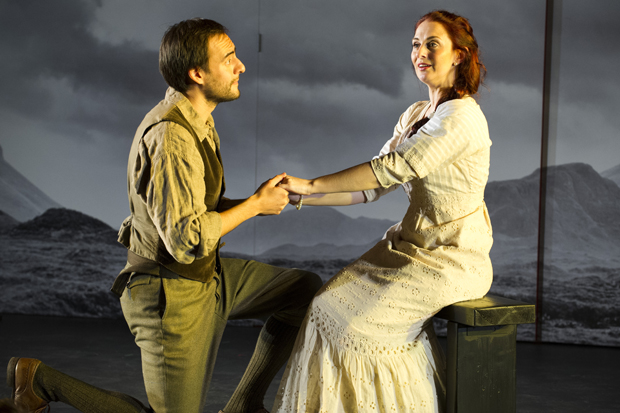
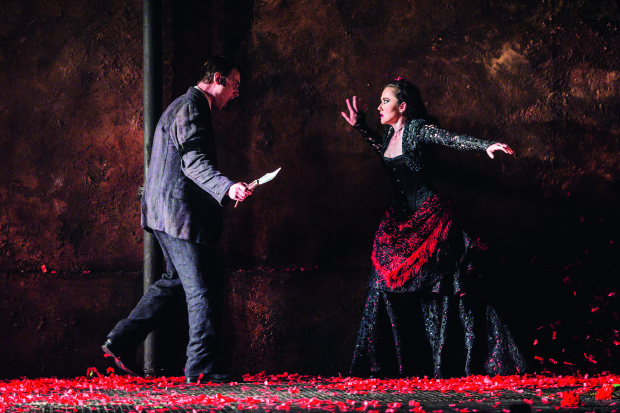
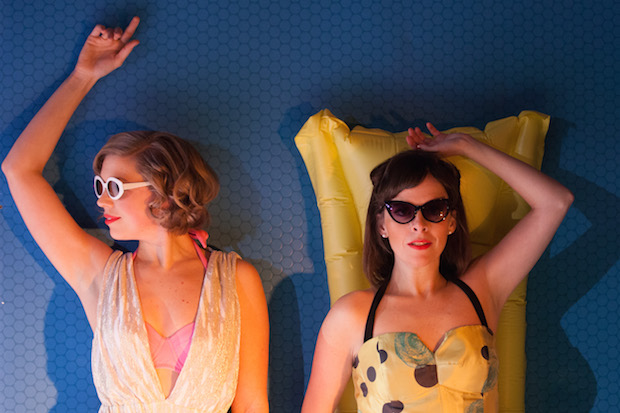
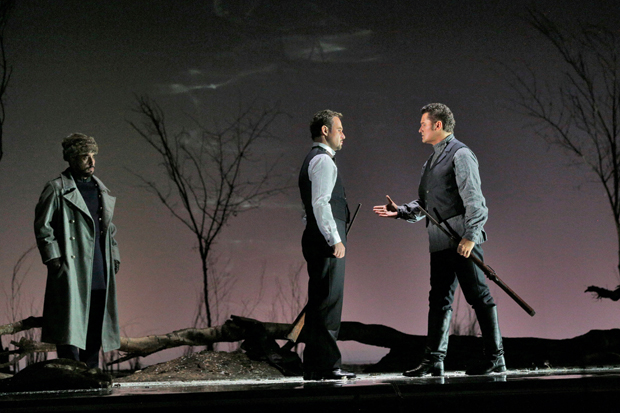

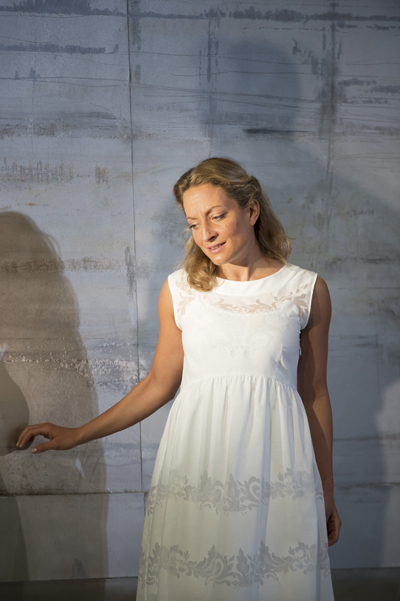
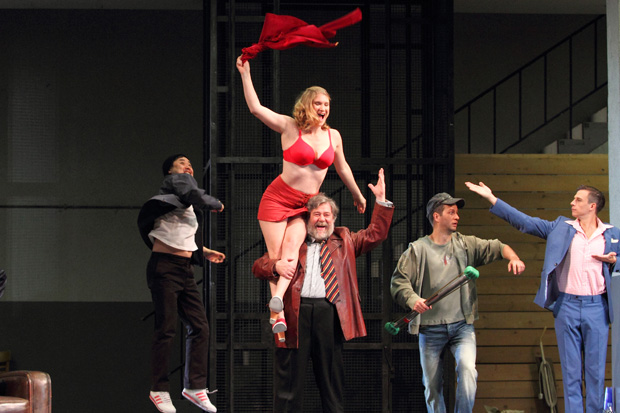






Comments
Don't miss out
Join the conversation with other Spectator Australia readers. Subscribe to leave a comment.
SUBSCRIBEAlready a subscriber? Log in